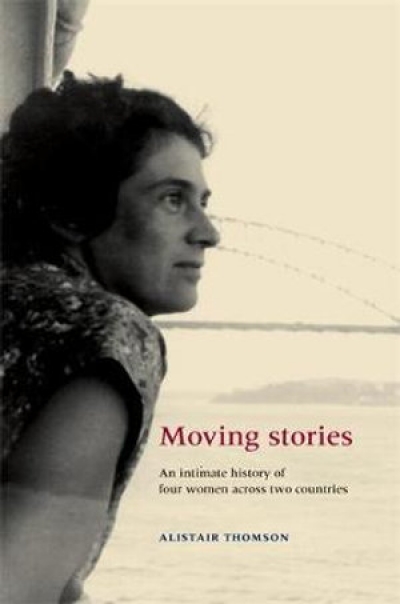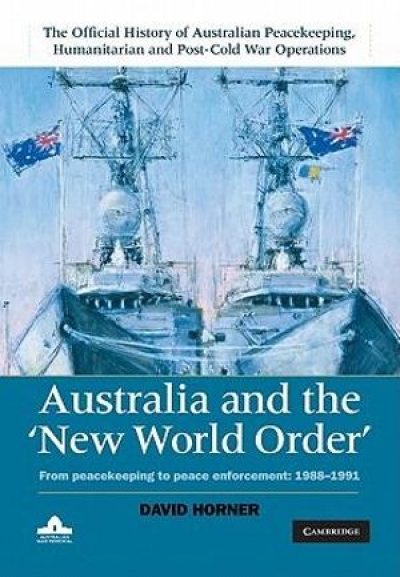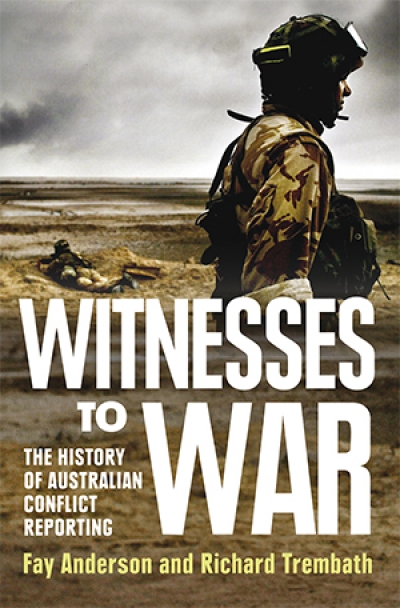History
Heroes & Villains by Nick Dyrenfurth & A Little History of the Australian Labor Party by Nick Dyrenfurth and Frank Bongiorno
The heroes and villains in Nick Dyrenfurth’s account of the early Labor Party are the cartoon figures in the labour press that he uses to explore its political rhetoric. The heroes are sturdy working men, sometimes in bush garb, sometimes industrial labourers. The villains take various forms: serpents, harpies, bloodsucking insects, menacing aliens, but above all the Fat Man, the swollen, grotesque embodiment of capitalist greed. Dyrenfurth observes that Mr Fat is a far more ubiquitous device in Australian radical iconography than its counterparts elsewhere. British cartoons used a variety of villains: aristocratic loafers, rapacious landlords, ruthless sweaters, mendacious press barons. Those in the United States were less likely to personify capitalism with a generic capitalist villain than to depict combines and trusts.
... (read more)History at the Crossroads: Australians and the Past by Paul Ashton and Paula Hamilton
'The past is a foreign country; they do things differently there,’ said historian David Lowenthal in 1985, adopting L.P. Hartley’s famous opening line from The Go-Between. Most historians agree, proceeding from the premise that the past is remote and in need of discovery, and that there is no automatic link between people in the present and those in the past. It is a supposition in complete contradistinction to non-professionals’ ideas about the past, according to historians Paul Ashton and Paula Hamilton, directors of the Australian Centre for Public History at the University of Technology, Sydney. For most Australians, history takes place where they ‘feel at home’. That is, it is a domesticated pursuit, consumed in familiar surrounds, and more often than not related most intimately to family and genealogy.
... (read more)Moving Stories: An Intimate History of Four Women Across Two Countries by Alistair Thomson
Gwen Good’s migration to Perth in 1963 turned out well. She loved Australia, the climate that turned life into one long summer holiday, and the house that she and her family soon acquired. She was an active member of her church, and a contented wife and mother who revelled in her children. By the 1980s she was ready to give away the bundle of reel-to-reel tapes on which, decades before, the family had conveyed its early impressions of Perth in audio letters to be sent home to England. The letters had come back to her when, in turn, her parents migrated to join the Goods in Perth. They held a past that had blended so seamlessly into the present that it no longer seemed particularly interesting.
... (read more)There are two sorts of carelessness that a reviewer of history books will regularly see. The first is a minor marring of virtue: a small blot on a show of swashbuckling confidence and command over grand themes, a lack of care for what lesser men may think, arrogance even ...
... (read more)1835: The Founding of Melbourne and the Conquest of Australia by James Boyce
The title of this book might, to an innocent observer, suggest a triumphalist history, an impression that could be reinforced by the preface, which argues that the setting up of a squatters’ camp on the banks of the Yarra in 1835 ‘had a significance far beyond the baptism of a great city’, and concludes with the ...
... (read more)Between the Leaves: Stories of Australian Women, Writing and Gardens by Katie Holmes
For historian Katie Holmes, researching and writing Between the Leaves was a journey of discovery and interpretation. In her examination of the records left by nine women – through their words and the signatures they left on the land – the author discovered some of the meanings that writing and gardening held for them. Holmes was also drawn to ways an individual’s story can illuminate a larger picture. Sites of women’s stories are also places where the nation’s stories can be found: ‘Within this book, women’s home and garden belong in history, rather than as a mere adjunct to it.’
... (read more)Italo Calvino once wrote that ‘cities are like dreams: their rules seem absurd, their perspectives are often deceitful, and everything in them conceals something else’, hence ‘we should take delight not in a city’s wonders, whether these number seven or seventy, but in the answers a city can ...
... (read more)Australia and the ‘New World Order’: From Peacekeeping to Peace Enforcement: 1988–1991 by David Horner
When the United States recently announced its commitment to enforce a ‘no-fly zone’ in Libya, the State Department spokesman was asked whether the United States was now at war. He could only manage a floundering non-answer. The unfortunate spokesman’s difficulty with this apparently simple question is a reminder of the vast changes in the nature of military conflict in recent decades. Major conflicts are seldom a matter of one state formally declaring war on another, with a largely agreed set of rules on the conduct of operations (sometimes flouted in horrific ways) and with some generally accepted markers of victory and defeat.
... (read more)This fascinating, complex book relies for its success on the simplest of ideas and methodologies. Its publication was the necessary and inevitable follow-on from the hugely successful BBC Radio 4 series, when, over twenty weeks, British Museum (BM) director Neil MacGregor presented short, daily radio commentaries ...
... (read more)Witnesses to War: The History of Australian Conflict Reporting by Fay Anderson and Richard Trembath
Witnesses to War, an ambitious book, is part of a larger project by the C.E.W. Bean Foundation to commemorate the work of Australian war correspondents. Fay Anderson and Richard Trembath, setting out to document the performance of Australian war correspondents, have tackled complex material. They deal with an enormous cast of characters and various interwoven themes, including the struggle against military censorship, how journalists have observed their duty to neutral coverage (or not), and the changing technology of reporting war – from sending stories by carrier pigeon or steamship in World War I to today’s live telecasts by journalists direct from battlefields in Iraq and Afghanistan. The book fills an important gap. Until now, Phillip Knightley’s more general work, The First Casualty: The War Correspondent as Hero and Myth-Maker (1975, 2004), has served as the final authority in this field. Knightley is a patron of the Foundation and an important influence.
... (read more)





